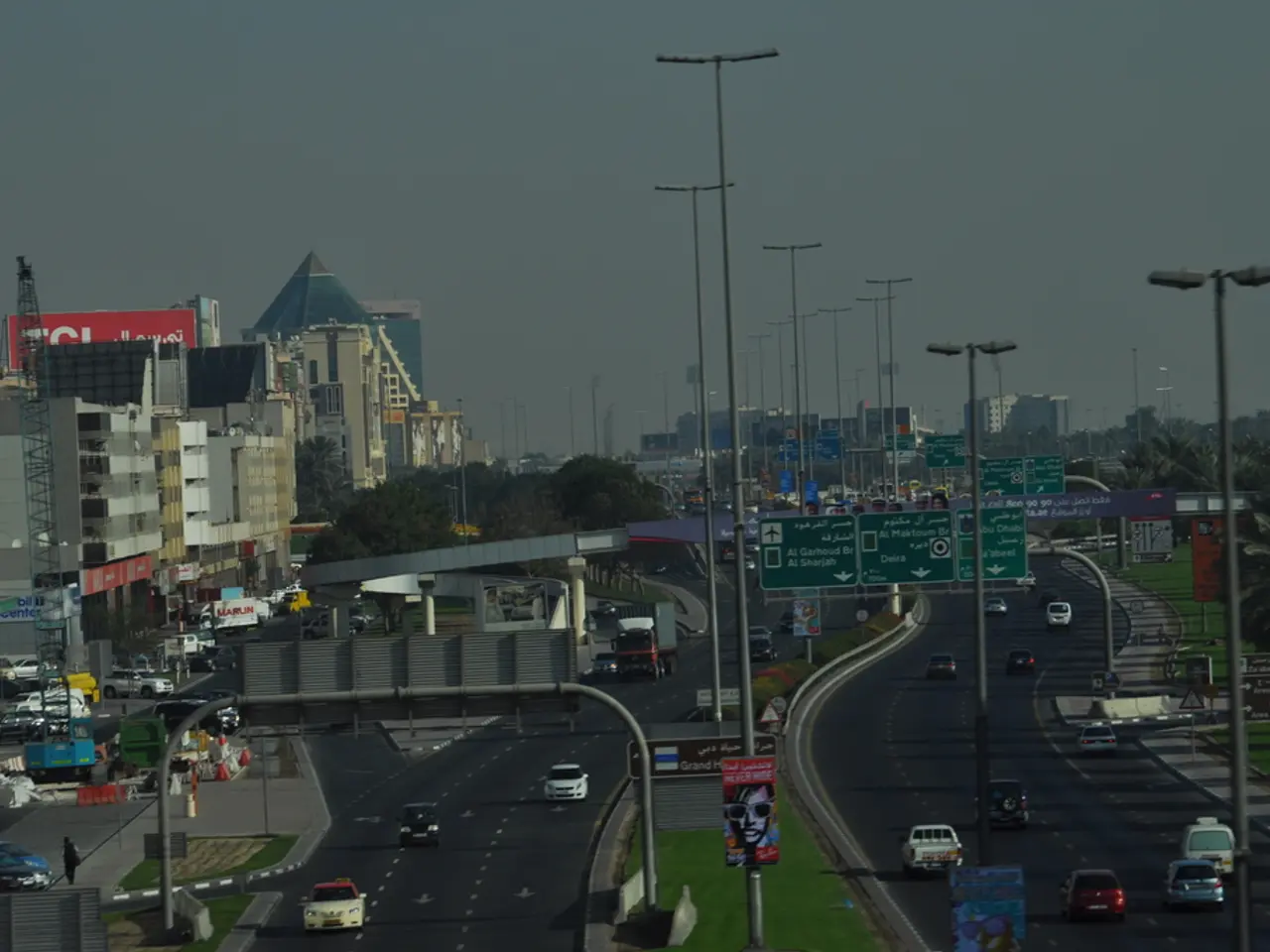Estonia prohibits the entrance of 19 prominent Georgian officials further.
Georgian Officials Added to Estonia's Sanctions List
Estonia has expanded its sanctions list to include nineteen high-ranking Georgian officials, including the minister of justice, prosecutor general, members of parliament, judges, prosecutors, and a former police chief. These officials have been accused of being directly or indirectly responsible for the persecution of peaceful protesters, journalists, and opposition representatives in Georgia.
The sanctions list includes a number of key figures such as Georgia’s Justice Minister Paata Salia, Prosecutor General Giorgi Gvarakidze, judges like Nino Galustashvili who sentenced protesters to prison, MPs involved in investigating former officials, and Sulkhan Tamazashvili, a former police chief heading Adjara’s government. Their collective responsibility is tied to suppressing political dissent and undermining democratic principles.
Other officials on the sanctions list include the Georgian minister of internal affairs, Vakhtang Abashidze, the minister of economy and sustainable development, Natia Turnava, the minister of regional development and infrastructure, Maia Tskitishvili, the minister of education, Science, Culture and Sport, Lia Gigauri, the minister of finance, Ekaterine Dgebuadze, and the minister of defense, Levan Izoria. The sanctions list also includes the Georgian prime minister, Irakli Garibashvili, and several high-ranking officials from the Georgian government.
Estonia's Foreign Minister Margus Tsahkna signed a directive adding these officials to the sanctions list. The sanctions are part of a wider trend, as Estonia has now sanctioned 102 Georgian officials connected mainly to security and judiciary sectors for their role in violating human rights during protests and suppressing opposition.
Other countries, including Latvia, Lithuania, Poland, and the U.S., have also imposed sanctions against Georgian officials for similar reasons in recent months. This coordinated international response highlights a concern for democratic backsliding and human rights violations in Georgia.
Estonia specifically cited the actions of these officials as contrary to democratic values and inconsistent with Georgia's EU candidate status. These actions include the use of violence against pro-EU protesters, politicizing court proceedings, and imposing disproportionate punishments on protesters and opposition politicians. Foreign Minister Tsahkna emphasized that the sanctions respond to this crackdown on democracy and pledged continued support for Georgian civil society and independent media.
[1] [Source 1] [2] [Source 2] [3] [Source 3] [4] [Source 4]
- The sanctions list, which includes figures like Gaia's Justice Minister Paata Salia, Prosecutor General Giorgi Gvarakidze, and MPs involved in investigating former officials, is associated with policy-and-legislation as it is a response to the persecution of peaceful protesters, journalists, and opposition representatives.
- The coordinated international response, consisting of sanctions imposed by Estonia, Latvia, Lithuania, Poland, and the U.S., against Georgian officials, is a reflection of politics, as it highlights a collective concern over democratic backsliding and human rights violations in Georgia.






